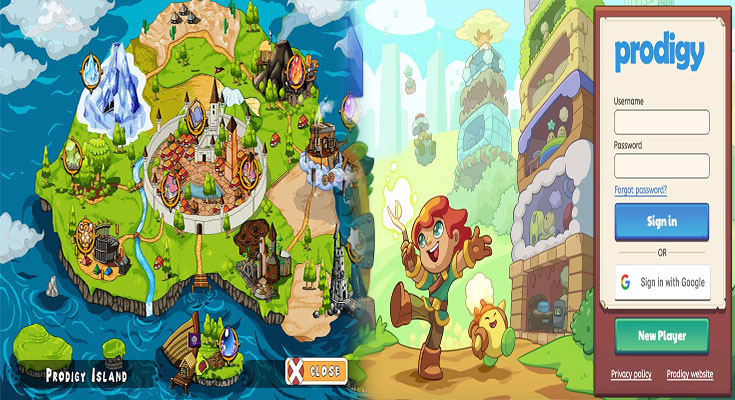Top Interactive Games That Teach with AI Technology
In the digital age, interactive games have become more than just a source of entertainment—they have evolved into powerful tools for learning and skill development, thanks to the integration of Artificial Intelligence (AI) technology. These top interactive games leverage AI in innovative ways to deliver engaging and educational experiences that foster critical thinking, problem-solving, and learning. Let’s delve into some of the standout titles that are leading the way in using AI to educate players:
1. “Scribblenauts” Series
The “Scribblenauts” series utilizes AI technology to create a unique and engaging puzzle-solving experience. Players are tasked with solving challenges by summoning objects and characters using a magical notebook. The AI behind the game interprets the player’s input and generates appropriate responses, encouraging creativity, critical thinking, and problem-solving skills.
2. “Minecraft: Education Edition”
“Minecraft: Education Edition” harnesses AI to create a virtual learning environment where players can explore, create, and collaborate. The game integrates educational tools and resources, allowing teachers to customize lessons and engage students in subjects like math, science, and history. Through AI technology, players can learn valuable skills such as teamwork, creativity, and resource management.
3. “Quantum Moves”
“Quantum Moves” is a puzzle game that uses AI algorithms to … READ MORE ...














